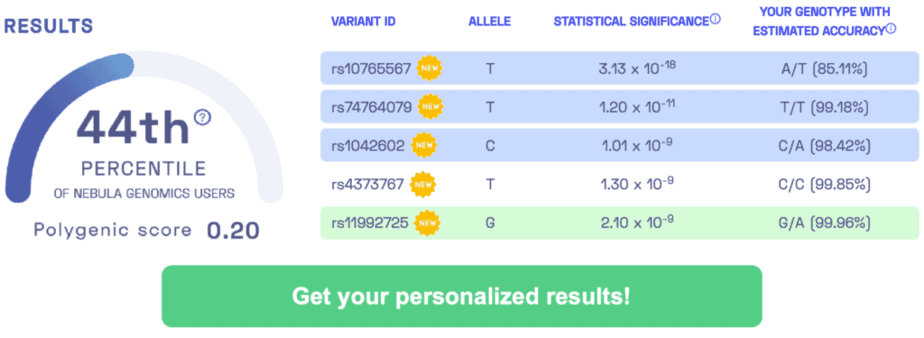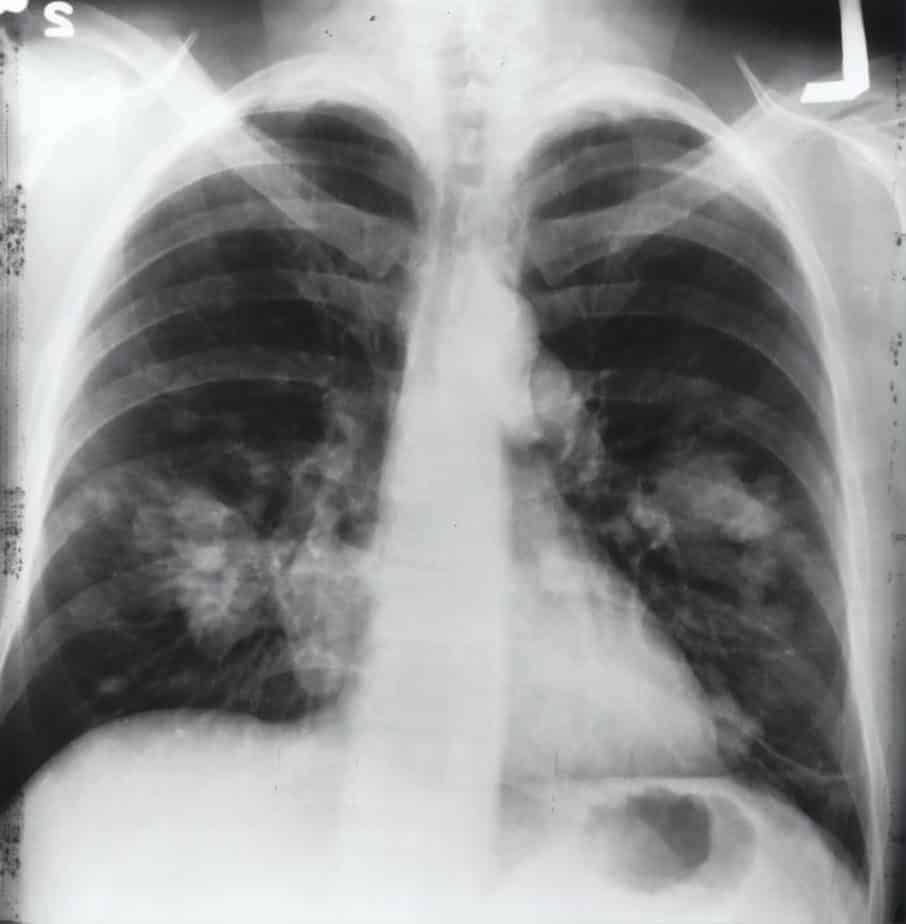SUMMARY: Identification of 3 genomic regions associated with squamous cell lung carcinoma.
OVERVIEW: Lung cancer is a condition in which cells in the lungs divide uncontrollably. Squamous cells are flat-shaped cells that line many organs in the body. Squamous cell lung carcinoma (SCLC) is a type of lung cancer caused by mutations in squamous cells that line the airways of the lungs. This lung cancer subtype accounts for 30% of all lung cancer cases and is often linked to a history of smoking. In order to understand the genetic basis of SCLC, researchers examined the genomes of ~63,000 individuals. They identified 3 genomic regions associated with SCLC. Altogehter, these genetic variants explain approximately 6.2% of the heritability of SCLC.
DID YOU KNOW? The most common type of lung cancer in men is squamous cell carcinoma. This subtype of lung cancer is often easier to detect as it produces more symptoms than other subtypes of lung cancer. [SOURCE]
SAMPLE RESULTS: Learn more about the Nebula Research Library.

SCLC-ASSOCIATED VARIANTS: rs116822326, rs17879961, rs7953330
ADDITIONAL RESOURCES:
Lung cancer (Video)
Lung cancer types
WEEKLY UPDATE: May 12, 2020
